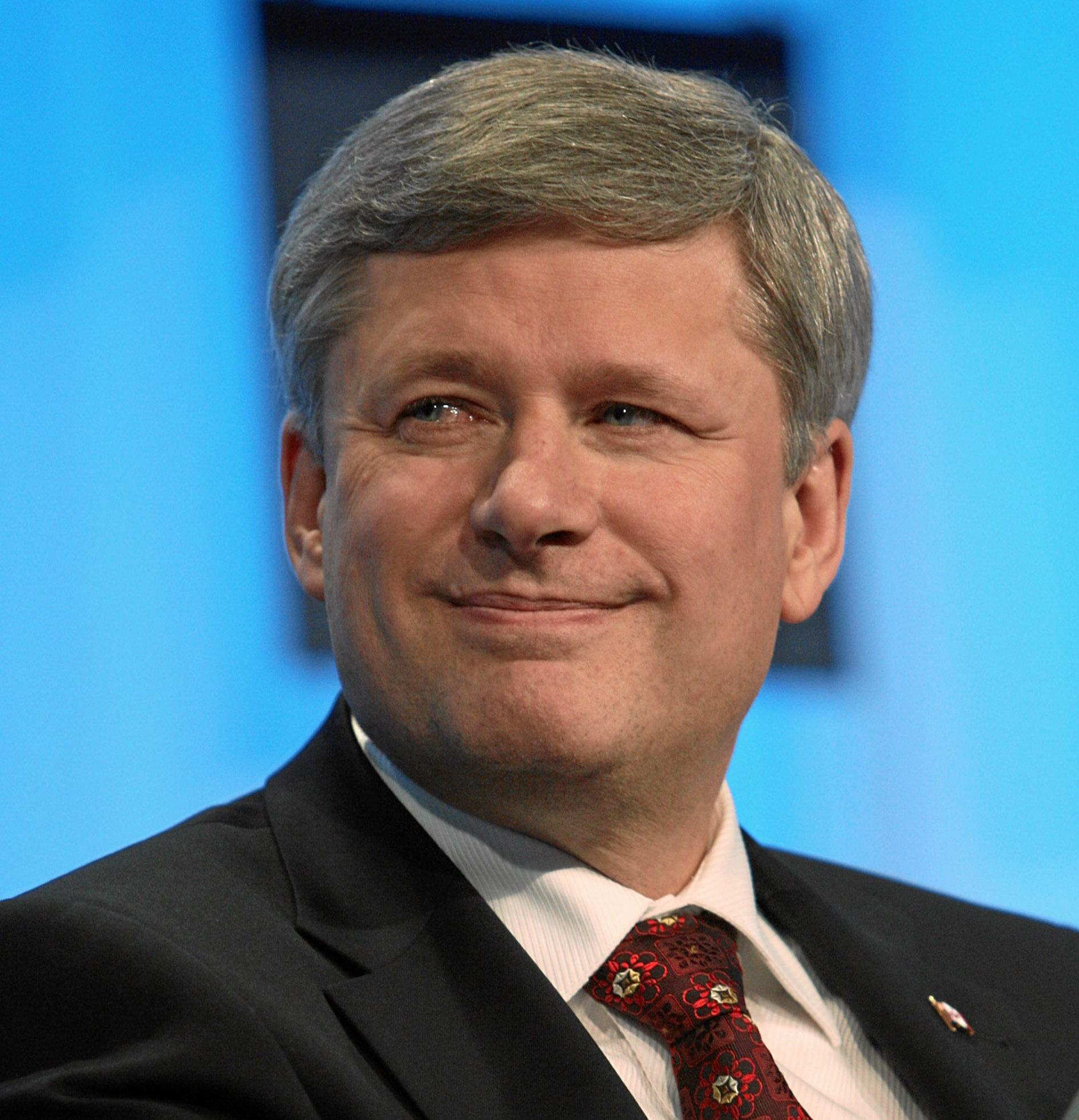By Nadine Moedt (The Cascade) – Email
Print Edition: November 20, 2013
The federal government’s furious ideological “war on drugs” has led to a controversial interference in the medical world. Prescription heroin and a number of other prescription drugs have been banned.
Using prescription heroin is a common and often life saving means of facilitating a withdrawal from a heroin addiction.
The ban has sparked a heated debate among heroin addicts, members of the medical profession, and the Harper government, a debate that has called attention to the extreme ignorance of the federal government’s anti-drug tirade.
The ban began as a way to close a “loophole” that allowed drug users to exploit the federal allowance for prescription drugs, according to health minister Rona Ambrose. CBC reports that doctors are currently banned from prescribing illegal drugs—such as heroin, cocaine and LSD—as a method of addict recovery.
Ambrose stated that the Harper government does “not believe” that they would be “serving the interests of those who are addicted to drugs, or those who need our help, by giving them the very drugs they are addicted to.”
But beliefs are no substitute for facts when it comes to good medical policy.
A 2005 study published in the New England Journal of Medicine concluded that prescription heroin is a “safe and effective treatment” for those who tried and failed at conventional treatments. According to CBC, participants in the study both reduced their consumption of illegal drugs and avoided illegal activities. Participants were also more likely to remain in treatment in comparison to other methods. The treatment itself involves administering safe heroin in a medical setting two to three times a day. This method is supported internationally and has been offered in several countries since 1994 with positive outcomes.
The Harper government also doesn’t believe in safe injection sites. Insite, a Vancouver safe injection site based in the downtown eastside, remains the only safe injection site in Canada and faces federal disapproval.
Safe injection sites are about harm reduction; they reduce the number of people injecting in public, the number of unsafe used needles on the street and the number of fatalities from preventable overdoses. Insite’s website reports that 4,564 of the addicts who visited the clinic were referred to other social and health services for help.
In 2011, former minister of health Tony Clement attempted to refuse Insite an exemption from Canada’s anti-drug laws. The Supreme Court of Canada blocked this attempt, stating that denying this facility would run contrary to the “life, liberty, and security of the person” section of the Charter of Rights and Freedoms. This decision should have opened the door for more clinics like Insite and a chance for the Harper government to reassess its disregard of the people and information in their strict anti-drug policy.
Yet still Harper’s policy involves disturbingly little research. Worse yet, there is a methodic omission of empathy. According to Maclean’s, 2012 saw a reduction of $42 million in Health Canada’s drug treatment funding program for addicts. At the same time, RCMP funding for investigating marijuana growers and drug labs rose by $28 million, and support for the federal office of the Director of Public Prosecutions rose by $18 million.
The balance between tough on drug crime and compassion for drug addicts has fallen to the wayside. In their attempt to stamp out drug use in Canada, the federal government has disregarded its victims. Our focus should be on harm reduction and rehabilitation, not on prevention means that have so far failed in the ill-conceived “war on drugs.”


